Remembering Miriam Jiménez Román
by Josue Perea
Today, as we celebrate the life and enduring legacy of our co-founder and eternal director, Miriam Jiménez Román, I am drawn to reflect on what she would make of the world around us. Even though I think about her regularly, it's always around this time, around her birthday, that I often find myself asking: "What would Miriam think of what's happening today—in our world, in our country, and in ourselves?"
For many of us who knew her personally, connecting with Miriam's perspectives was a profound way to navigate life's challenges. I often seek out her words, hoping to find a distillation of her wisdom that resonates with our current moment.
Searching for her words, I was reading one of her most significant essays “Un hombre (negro) del pueblo: José Celso Barbosa and the Puerto Rican Race Towards Whiteness” and I came across this line that felt quite apropos:
“Certainly what is most problematic about the prevailing constructs is that they don't allow for protest from those that are excluded because in theory there is no exclusion.”
This quote, while contextually not necessarily about protest, accurately captures how prevailing constructs often attempt to negate dissent by falsely claiming there is no exclusion and therefore no need for protests.
As we commemorate Miriam's birthday today, we observe protests for migrant justice and Black liberation unfolding nationwide and globally, both causes she passionately championed throughout her life. She once shared a profound insight during a speech she gave at The Point in the Bronx, saying:
"We try to find a way to be totally human—to ensure that our humanity isn't called into question, to be ‘all that we can be.’ But we're not there yet, and I don't think I'll see it in my lifetime. Still, the struggle to attain that is well worth it."
In honoring Miriam's legacy, we are compelled to reflect: How can we dismantle oppressive systems? How do we persist in our protests and advocate for a society more just than the one we have inherited? Personally, I find guidance in her words from that same speech:
"A lot of the work we have to do is about retraining ourselves, changing the parameters of how we think about things so that we don't accept what they taught us."
Therefore, let us commit to this retraining by continuing to learn, to be critical, to dismantle the systems in our minds. Let our protests be loud, our solidarity resolute, and our commitment to migrant justice and Black liberation unwavering. Because this paves the way to reclaiming our full humanity in a world that strives to deny it. And let us not only commit this today, but for our lives, so that we may leave a legacy similar to the one Miriam has left, and maybe even a better world.
Guesnerth Josue Perea
Guesnerth Josue Perea serves as Executive Director of the afrolatin@ forum, Director of Black Lives and Contemplation for the Center for Spiritual Imagination, Associate Pastor at Metro Hope Church, Co-Curator of the AfroLatine Theology Project and as Executive Producer of the documentary Faith in Blackness. His perspectives on AfroLatinidad and spirituality have been featured in prominent publications such as the New York Times, the New Yorker, and USA Today and his writing has been featured in Sojourners, the Los Angeles Review of Books, and anthologies such as Let Spirit Speak!, the Revista de Estudios Colombianos and Engaging Religion. A dedicated Brooklynite, he embodies Biggie's call to "spread love the Brooklyn way."

